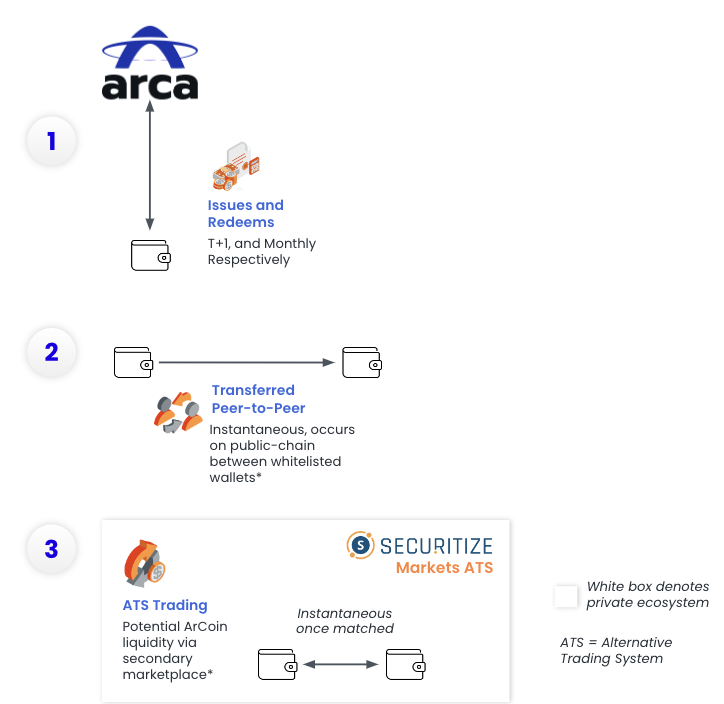Research Summary
The report discusses the operational decentralization of Proof-of-Stake (PoS) networks, focusing on the role of validators and the factors influencing their operation. It introduces the concept of the Nakamoto coefficient as a measure of operational decentralization across infrastructure components. The report analyzes the operational decentralization of several networks, including Avalanche, Cardano, NEAR, Solana, and Aptos, based on software clients, node hosting infrastructure, and geographic location. It also provides recommendations for improving operational decentralization, such as self-hosting nodes, switching to non-dominant server solutions, and enhancing infrastructure redundancy.
Actionable Insights
- Validator operators should aim to self-host nodes: This can help mitigate risks associated with political or corporate hostility, infrastructure failure, and natural disasters impacting a specific region.
- Switch to a non-dominant server solution: This can help in reducing the reliance on dominant providers and contribute to the decentralization of the network.
- Enhance infrastructure redundancy using Distributed Validator Technology (DVT): Operating a validator across multiple setups in a fault-tolerant manner can improve the security and reliability of a network.
- Delegators should consider multiple operational factors when choosing validators: This can help in supporting validators that contribute to a network’s decentralization and play a role in its long-term viability.
- Networks will benefit from consistent monitoring of operational decentralization: Persistent visuals like live dashboards can help keep a community informed on a network’s health and areas of improvement.

















